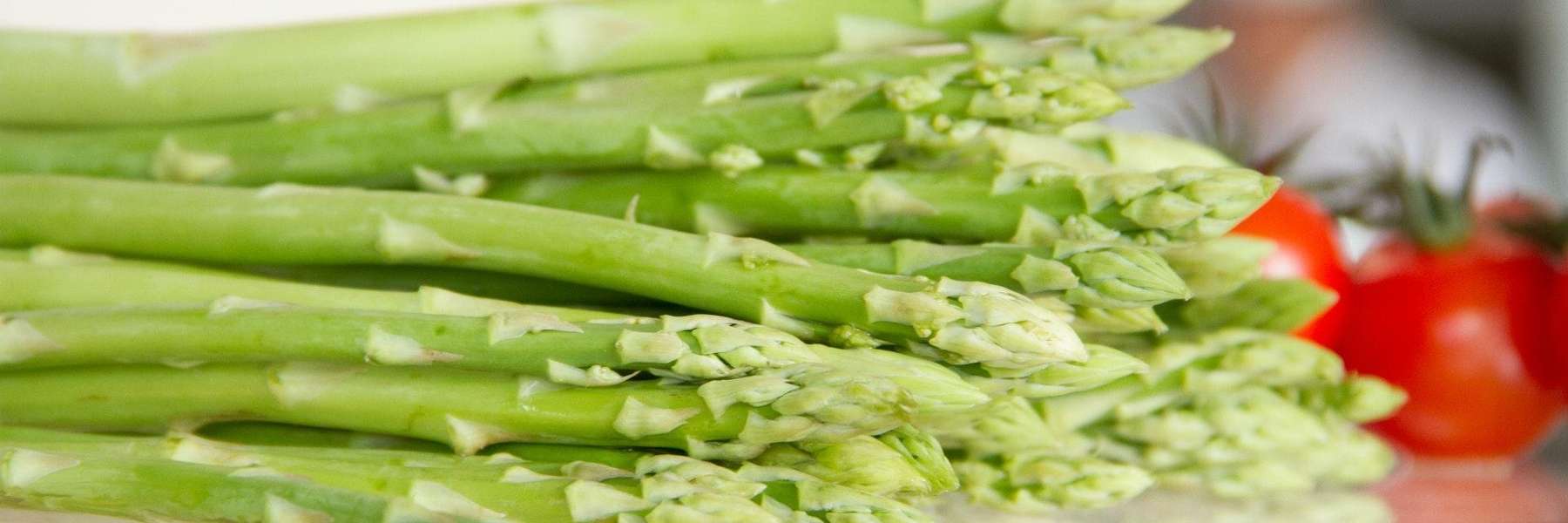
All of us at one time or another deal with some level of anxiety. Even small matters may increase your anxiety, from looming deadlines at work to issues in your personal life. Constant exposure to daily stressors can worsen your level of anxiety to the point where your day-to-day life, health and wellbeing are negatively impacted.
If your level of anxiety has become so intense that it’s emotionally and mentally crippling, seeking the aid of a medical professional may be helpful. A doctor or therapist can offer you guidance to effectively treat your anxiety. They may suggest strategies such as cognitive behavioral therapy (CBT) or in some cases medication.
There are, however, some things that you can do to reduce your anxiety, like adopting healthy lifestyle habits. Lifestyle can have a huge impact on your anxiety levels. For example, getting regular exercise and adequate sleep are key habits in helping you manage your emotions and reduce your anxiety.
Your diet is another important lifestyle component to take into consideration. Research shows that certain foods (and drinks) can greatly impact your anxiety levels. For instance, sugary foods, red meat, chips, cookies, caffeine, alcohol, and high-fat food tend to increase stress and anxiety.
Foods For Reducing Anxiety
Just as there are foods that can provoke higher stress and anxiety levels, there are also foods that help to reduce anxiety. Here are some of the best foods to include in your diet if your are struggling with anxiety.
Omega-3 Fatty Acid
Healthy plant-based foods like chia seeds, flax seeds, walnuts, Brussels sprouts, seaweed and algae are good sources of omega-3. Research has found that people who regularly consume foods rich in omega-3 fatty acids have a reduction in anxiety symptoms. Foods high in omega-3 contain EPA and DHA, which regulate neurotransmissions helping to improve brain function. Studies have shown that EPA and DHA supplementation resulted in reduced anxiety levels. Research has also found a strong connection between regular consumption of omega-3, mental health and cognitive function.
Brazil Nuts
Selenium-rich foods like Brazil nuts help to reduce your anxiety by decreasing inflammation — which is usually at higher levels during times when you’re stressed and anxious. Selenium is an antioxidant, which can also help with preventing cell damage. Brazil nuts also contain Vitamin E. Research indicates that deficiencies in vitamin E can increase the risk of depression and other similar conditions. Other selenium-rich foods include mushrooms, soybeans, brown rice, sunflower seeds and spinach.
Pumpkin Seeds
Delicious in cereal, on salads or just on the side, pumpkin seeds are a wonderful source of potassium. Consuming foods high in potassium, such as pumpkin seeds and bananas, help regulate a variety of functions in your body like blood pressure, and hormones, including the stress hormone cortisol. This helps reduce feelings of stress and anxiety.
Aside from being rich in potassium, pumpkin seeds are also a great source of zinc. Maintaining adequate levels of zinc in the body is critical for brain and nerve development. Studies have found that deficiencies in zinc can negatively impact mood and emotions.
Leafy green vegetables
Not only are they some of the most nutrient-dense food available, containing vitamins, minerals, and calcium (among other nutrients), leafy greens also contain tryptophan. Tryptophan is an amino acid which helps in the creation of serotonin. Serotonin is an important chemical neurotransmitter, that helps in the creation of melatonin and is responsible for regulating memory, sleep, mood, and behavior. It’s also thought to be excellent for reducing anxiety and improving brain function. Other foods that are high in tryptophan include soy products, sea vegetables, walnuts, and mushrooms to name a few.
Turmeric
Curcumin, the active ingredient in turmeric, has been shown to relieve inflammatory conditions like heart disease, arthritis, and other degenerative conditions, including anxiety. Research has also found that turmeric in the diet increases DHA and reduces anxiety. Other studies reveal that curcumin increases levels of BDNF (a brain hormone) which boosts the growth of new neurons and help fight degenerative processes in the brain.
Chamomile
Many people around the world have long used this herbal remedy for its calming effects. The anti-inflammatory properties, including flavonoids found in chamomile, are believed to be the ingredients that help reduce symptoms of anxiety
Asparagus
This healthy vegetable, rich in potassium, fiber and other nutrients has been shown to reduce anxiety. The Chinese government has approved asparagus extract as a natural functional food for its anxiety-reducing properties. Asparagus also helps to encourage the release of serotonin and dopamine which helps with reducing anxiety.
Though some level of anxiety may simply be a normal part of life, you don’t have to be overcome by it even when it becomes intense. You can choose to feed your body (and mind) with foods that will strengthen and nourish your body to reduce anxiety.
Sources:
- https://www.healthline.com/nutrition/top-10-evidence-based-health-benefits-of-turmeric#TOC_TITLE_HDR_5
- https://www.medicalnewstoday.com/articles/322652#foods-that-help-reduce-anxiety
- https://www.health.harvard.edu/blog/nutritional-strategies-to-ease-anxiety-201604139441
- Photo by Raj Sarath
